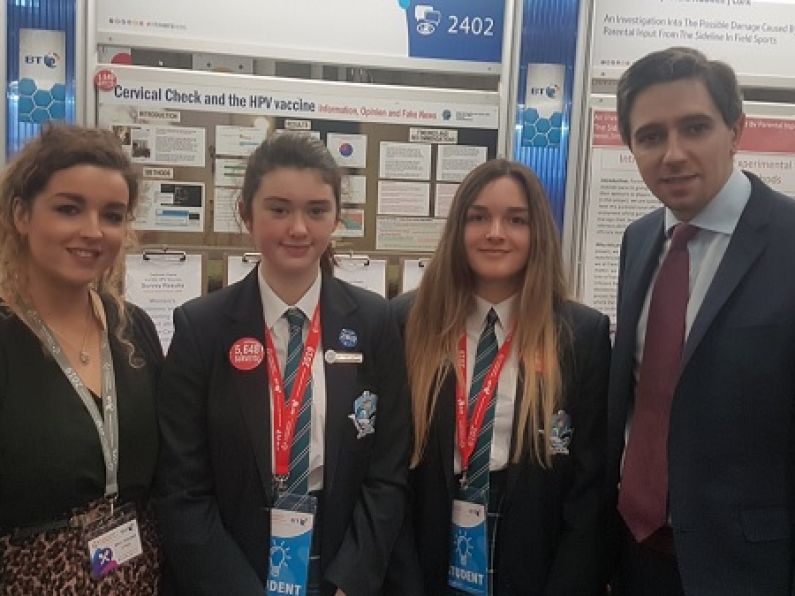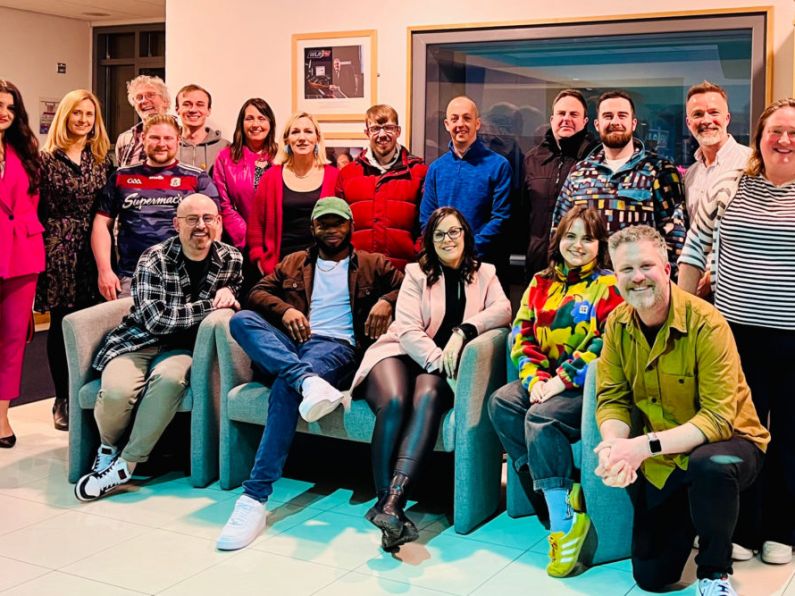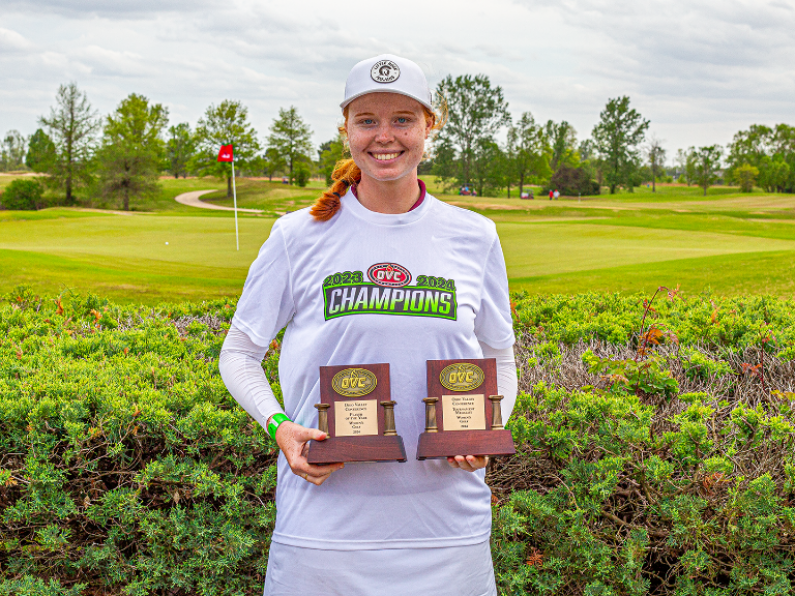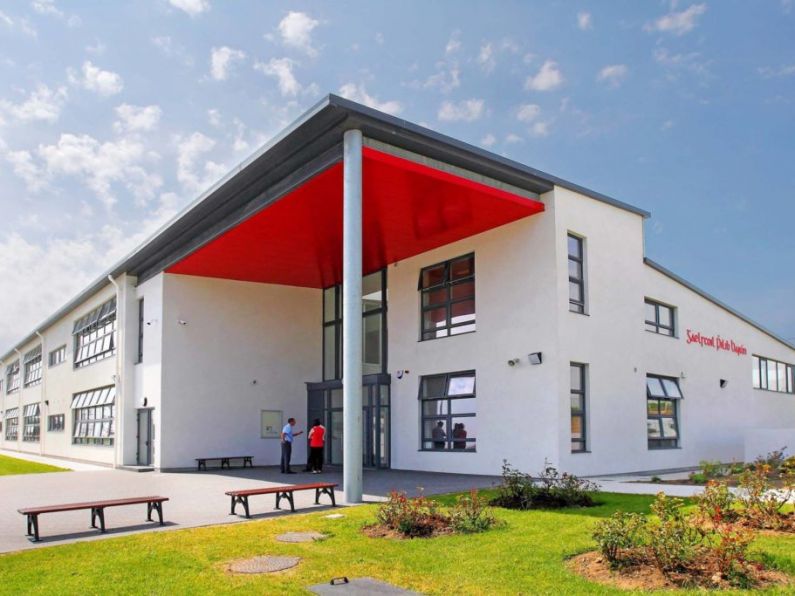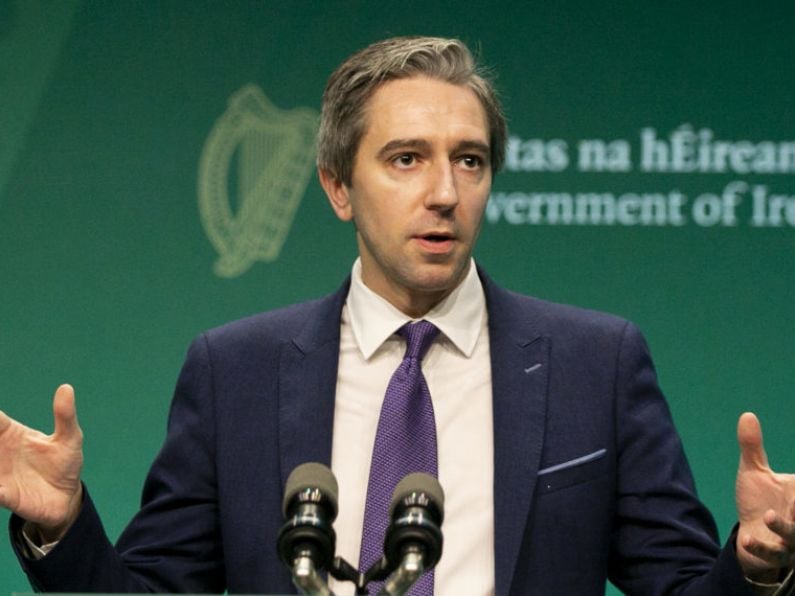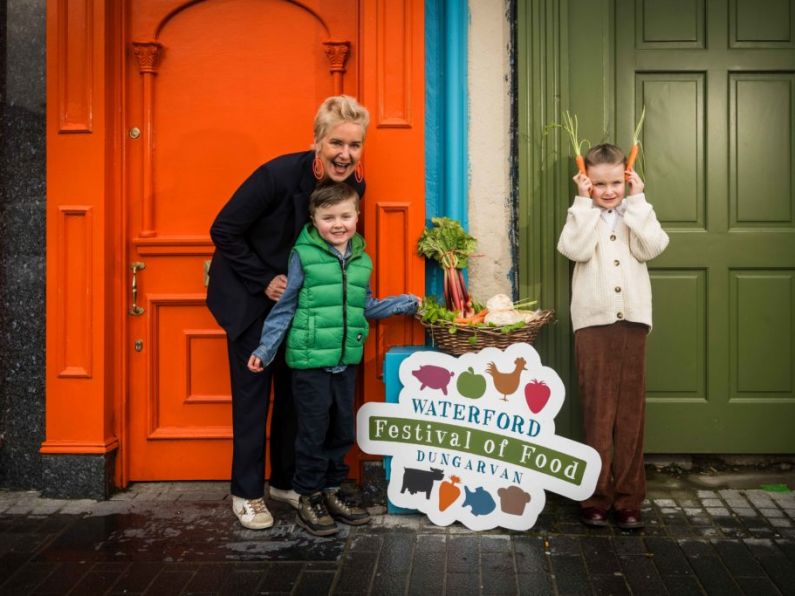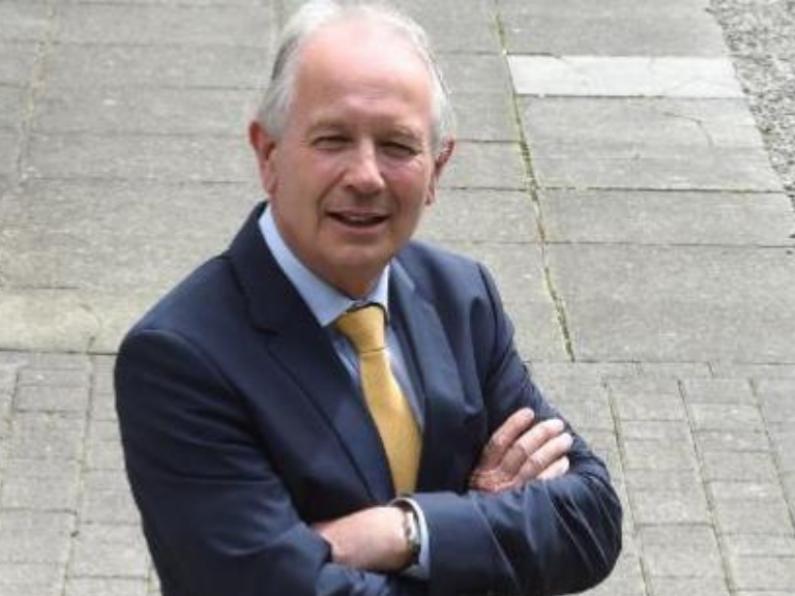Two projects from a County Waterford school have been recognised at the BT Young Scientist competition.
Students from four schools across Waterford City and County made it through to the finals at the RDS.
An individual project from Ard Scoil na Mara, which looked at the impact of varying light levels on plant growth for sustainable vertical farming, received an insightful invention award.
Caoimhín O'Leary, who carried out the investigation, also came second in the Biological and Ecological Intermediate Individual category.
Very proud of Caoimhin, who won two prizes. He came second in his category, biological and ecological sciences and won a special prize from Intellectual Ventures for innovation @BTYSTE #STEM #Tramore pic.twitter.com/PBEvTsguM3
— Ardscoil na Mara - an Edmund Rice School. (@ArdscoilNaMara) January 11, 2019
A group project from the same school was highly commended.
Róisín Ní Chadhla and Jovana Gajic's project about Cervical Check and the HPV Vaccine examined 'Information, Opinion and Fake News'.
The second year students met with Minister Simon Harris as well as campaigner Vicky Phelan at the RDS this week.
BT girls & Ms. Shannon meeting Minister for Health Simon Harris @SimonHarrisTD @BTYSTE pic.twitter.com/CJXAH4Wsz7
— Ardscoil na Mara - an Edmund Rice School. (@ArdscoilNaMara) January 11, 2019
Roisin & Jovana meeting Vicky Phelan today @BTYSTE @PhelanVicky #Tramore pic.twitter.com/zrIAC9DgrE
— Ardscoil na Mara - an Edmund Rice School. (@ArdscoilNaMara) January 11, 2019
Adam Kelly from Skerries Community College was named the BT Young Scientist & Technologist of the Year 2019.
Adam won for his project, which was entitled 'Optimizing The Simulation Of General Quantum Circuits'.
He has received a cheque for €7,500 for winning.
Adam will now have the chance to represent Ireland at the European Union Contest for Young Scientists in Bulgaria in September.
"I want to congratulate every student that entered, and Adam, our overall winner," said Shay Walsh, Managing Director, BT Ireland.

"His work shows terrific initiative, dedication and brilliance in tackling an immensely complex area of modern computing."
Judge and Chair of the Chemical, Physical and Mathematics Category, Professor Sean Corish, said the winning entry hugely impressed the judges.
"Quantum computing is an emerging technology which represents a potentially significant advance in computing," he said.
"Adam developed a tool to select the optimum algorithm for the simulation of particular quantum circuits, which may inform the development of a practical quantum computer, which is still at an early stage. This has implications across many areas, including cybersecurity.
"In addition, he used Open Source code to parallelise quantum simulation on graphical processing units that is significantly quicker than other available simulators and this work has already come to the attention of key industry leaders.
"Adam’s contributions are underpinned by a fluency in what is a highly technical and complex field which hugely impressed the judges."

